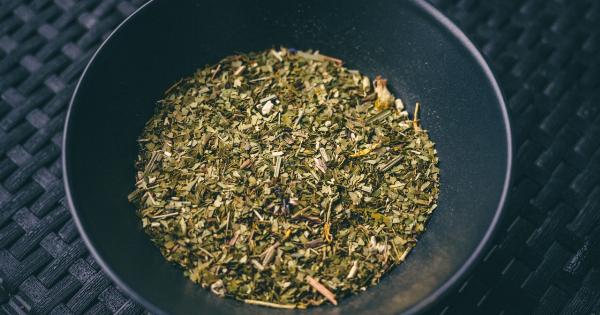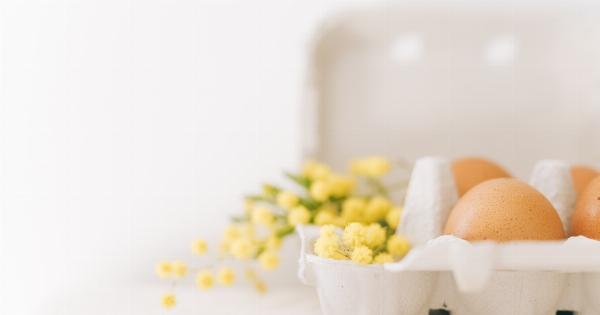Are you looking for a natural solution to help you get a good night’s sleep? If so, herbs could be the answer you’ve been seeking. Many herbs have been used for centuries to promote relaxation and support healthy sleep patterns.
In this article, we will explore four of the most effective herbs for insomnia.
The Importance of Quality Sleep
Before we delve into the specific herbs, let’s briefly discuss why quality sleep is essential for overall well-being. Sleep is not just a period of rest; it is a vital process that allows our bodies and minds to repair and regenerate.
Without adequate sleep, we may experience a range of negative effects, including fatigue, poor concentration, weakened immune system, and increased risk of chronic health conditions.
Lavender
Lavender, with its beautiful purple flowers and calming scent, is a popular herb known for its relaxation properties. The essential oil derived from lavender flowers has been used for centuries to promote sleep and reduce anxiety.
Research suggests that inhaling lavender oil may increase slow-wave sleep, which is the deep and restorative phase of sleep.
In addition to its aromatic effects, lavender can also be consumed as a tea. Simply steep a teaspoon of dried lavender flowers in a cup of hot water for about 10 minutes.
Enjoy this herbal tea 30 minutes before bedtime to help relax your body and mind, preparing you for a good night’s sleep.
Chamomile
Chamomile is a gentle herb that is widely known for its calming and soothing effects. It has been used for centuries to promote relaxation and alleviate sleep disturbances.
Chamomile tea is one of the most popular ways to consume this herb for its sleep-inducing properties.
Chamomile contains several compounds, including apigenin, which binds to certain receptors in the brain that may help initiate sleep and reduce insomnia symptoms.
The act of preparing and drinking a warm cup of chamomile tea before bed can also be a relaxing ritual that signals to your mind and body that it’s time to wind down.
Valerian Root
Valerian root is a powerful herb that has been used for centuries as a natural remedy for insomnia. It is known for its sedative properties and is often used to improve sleep quality and reduce the time it takes to fall asleep.
Valerian root may increase levels of gamma-aminobutyric acid (GABA) in the brain, a neurotransmitter that helps regulate anxiety and promote relaxation.
Valerian root is commonly consumed as a supplement in capsule or tincture form. It is recommended to take valerian root about an hour before bed to allow its effects to kick in.
As with any herbal supplement, it’s a good idea to consult with a healthcare professional before adding valerian root to your sleep routine.
Passionflower
Passionflower is a vine-like plant known for its beautiful and intricate flowers. It has been used as a natural remedy for anxiety, restlessness, and insomnia for centuries.
Passionflower may help increase levels of a brain chemical called gamma-aminobutyric acid (GABA), which can induce a calming effect and promote better sleep quality.
This herb is often consumed as a tea or taken in supplement form. Drinking passionflower tea about an hour before bedtime can help relax your mind and prepare you for a restful night’s sleep.
Passionflower supplements are also available for those who prefer a more concentrated dosage.
Conclusion
When it comes to insomnia, finding natural remedies that work for you is a process of trial and observation.
Incorporating herbs like lavender, chamomile, valerian root, and passionflower into your sleep routine may help promote relaxation, reduce anxiety, and improve the quality of your sleep. Remember to consult with a healthcare professional before adding any new herbs or supplements to your routine, especially if you have any underlying medical conditions or are taking medications.






























